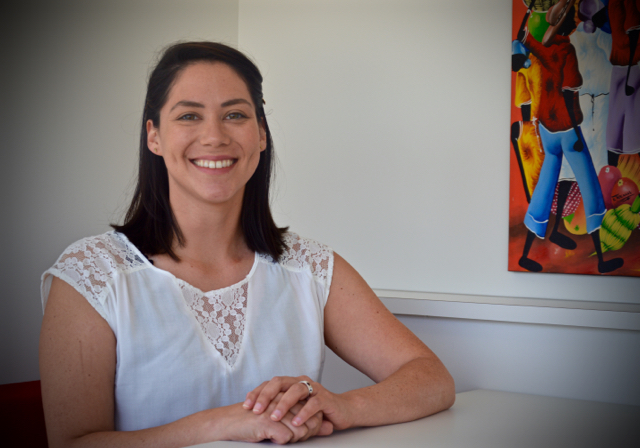Imagine a house. All your life, you're told you don't belong in that house, and the doors are locked. In order to enter the house, you have to look, act, and talk like the people who live there.
Imagine one day they open up the doors and windows and ask each other, “Why is no one coming in?” Imagine you walk in, and the people inside don’t think you deserve to be there. Imagine you speak, but no one listens.
This metaphor parallels the experience of Indigenous people when it comes to being accepted into settler society, but it also is an accurate metaphor for Indigenous entrepreneurs when it comes to dealing with non-Indigenous businesses or organizations. If organizations want Indigenous people or minorities to come to them, they have to make sure their house is welcoming. In other words, it has to be inclusive and accessible. Just like buildings have to be built with physically disabled people in mind, businesses have to build bridges with minorities.
This process of welcoming has to be genuine and not just done in the name of “equal opportunity.” Be prepared to listen to what minority entrepreneurs have to say. Value their experiences. Educate yourself on the barriers they face and why those barriers exist. The goal should be to let minority entrepreneurs take the lead and make decisions. Include them before decisions are made -- not as an afterthought.
Look inside your house. How can you increase representation, from your website to your staff? Come into our house. Just because Indigenous people or minorities aren't knocking on your door doesn't mean they don't need or want your help – it means there is a barrier in accessing your service or they don't feel comfortable asking. And that’s on you to reconcile.
Melissa Lunney is the Founder and CEO of Fredericton-based Appdigenous Development. a company whose technology opens doors automatically for people with disabilities.The views and opinions expressed in this article are her own.
* - House analogy by Gene Jamieson.
Editor's note: Given the events of recent weeks, we wanted to host a discussion on whether people from the Black, First Nations and other minority communities are welcomed, supported and funded in the Atlantic Canadian startup ecosystem. We've asked representatives of these communities to offer their thoughts. This is the sixth article in this series.










